
Would you pay Google $399 for unlocked, HSPA+ Galaxy Nexus?
Google has surreptitiously answered whether AT&T or T-Mobile would carry Galaxy Nexus, which is available from Sprint and Verizon here in the United States: No. Otherwise, why would Google sell the smartphone direct, which it started doing yesterday. It's a helluva price, too -- $399, unlocked, with no contractual commitment.
This is the HSPA+ model released internationally in November 2011. That means no LTE and only 16GB storage, rather than 32GB -- and it's not expandable. The phone sold for $729 or more from Amazon and handset resellers just a few months ago. Amazon lists the 16GB model for $438 today. But, hey, $399 is better. But is it low enough for you? You can get 64GB iPhone 4S from AT&T for same price -- granted locked, with 2-year contractual commitment. Both handsets are HSPA+, though, and AppleCare+, which offers cheap replacement for broken phones, is an extra $99. So I ask: Would you -- or will you -- buy Galaxy Nexus direct from Google?
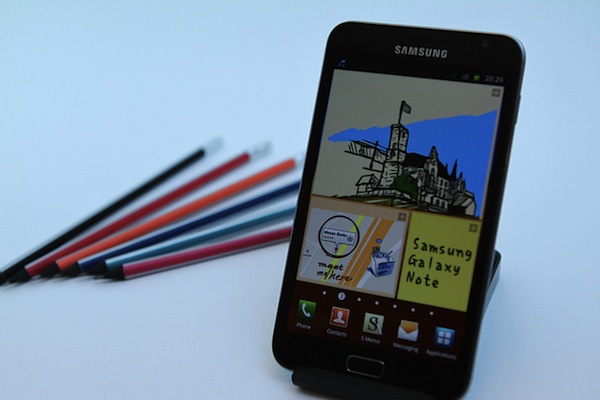
Samsung details Android 4.0 upgrade plan for U.S. tablets and phones
Though the newest version of Android, Ice Cream Sandwich, has been available for a little more than six months, its availability has been extremely limited. Only 2.9% of Android users were running it first week of April, according to the Android Developer Dashboard.
Samsung on Tuesday released an updated list of the U.S. devices that will receive an upgrade to Ice Cream Sandwich, bringing its total number of devices with the operating system version up to thirteen.

Microsoft enterprise licensing changes favor Windows RT, put Android and iOS in their place
If you can't beat them, manage them. It's a strategy that has worked well for Microsoft in the past, and it is emerging as a key element in announcements last week about how Microsoft will license Windows 8 in all its variations, including the x86 consumer, Professional and Enterprise editions, the embedded Windows RT and the cloud-based Windows Intune.
While Microsoft's primary goal is to stop Apple's growth in the enterprise, which it will do by tilting licensing policies in favor of Windows tablets, the company has a Plan B that will help monetize Apple and Android devices in the enterprise through management.

Canadians prefer BlackBerry, Kobo -- Americans favor Android, Kindle
This week, marketing research firm Ipsos published the latest edition of the Ipsos Reid’s Mobil-ology focusing on Canada's mobile device market. According to the data (collected for six months between August 2011 and January 2012), the Canadian mobile device market has shown continuous growth across the smartphone, tablet, and e-reader categories, putting it very close to the United States despite different brand preferences among consumers.
Here's a blow-by-blow look at how the Canadian device market differs from the United States according to Ipsos Reid's data.
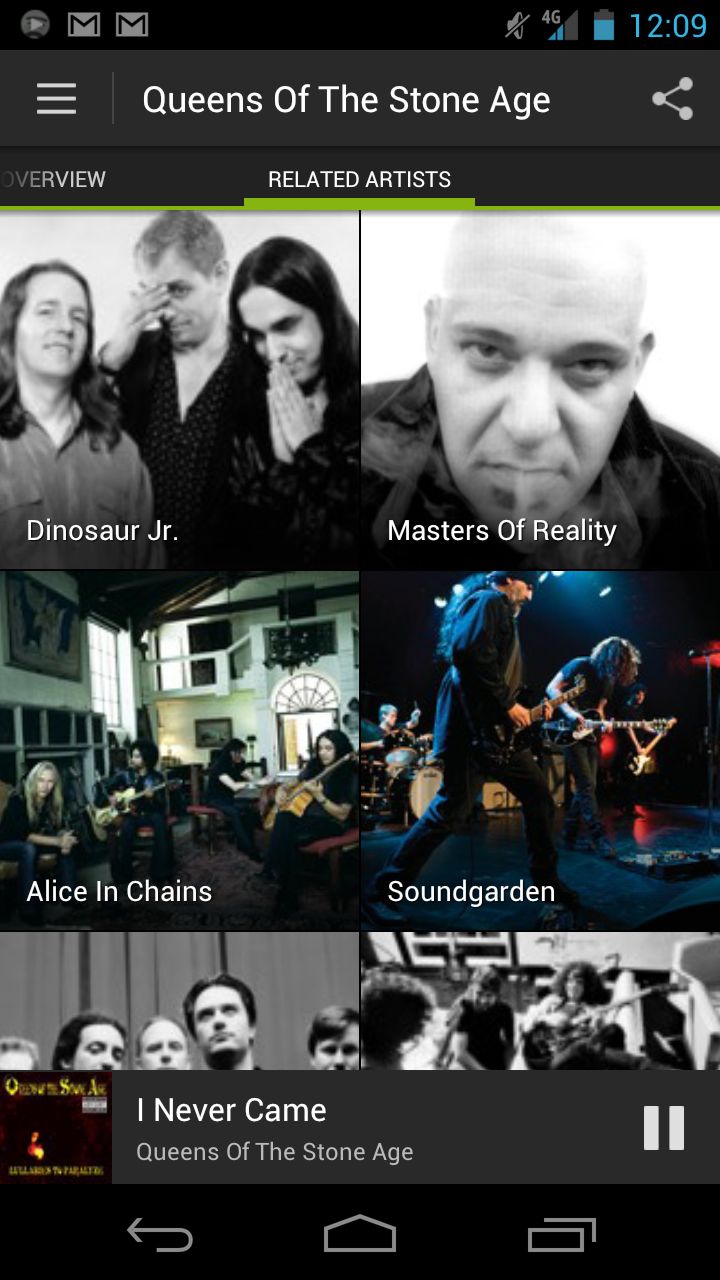
Spotify for Android Ice Cream Sandwich launches in beta
Popular music streaming service Spotify has rolled out a beta of its first Android app optimized for devices running Ice Cream Sandwich.
The most current version of the app, available in Google Play, was built for Android Gingerbread, and no version was released for Honeycomb. Google Play says the Gingerbread version is compatible with Ice Cream Sandwich devices, but this is not strictly true, and installing the Gingerbread version didn't guarantee local playback or playlisting, so this beta is a ramp-up to a significant release for Spotify.
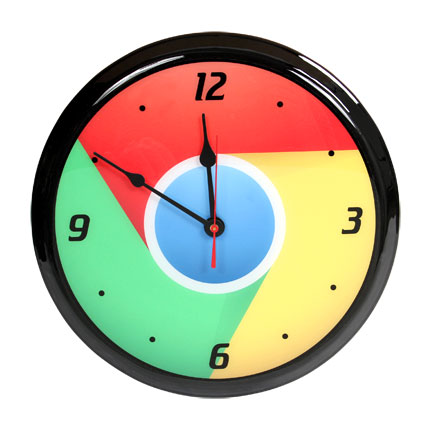
Chrome for Android beta adds key features, broadens global availability
Last February, Google launched the first version of its Chrome Web browser for Android 4.0, undoubtedly one of the most significant applications that could be released for Android. While it was received with great fanfare, I said it was still far too early to call it a real winner due to a few missing features.
Tuesday, Google issued a major update to the young browser that added a few of those features, significantly advancing Chrome for Android against its competition.

Boeing phone to take flight with Android later this year
A company more known for its work in the aerospace industry is now Android's newest partner. Boeing this week announced plans to release a smartphone aimed at those requiring super-secure communications, yet the convenience of a widely used mobile operating system. Calling it the "Boeing phone", the device is slated to launch by the end of the year.
What business a company like Boeing has in hawking smartphones is unclear, but it has the market. Most of Boeing's current clients are in sectors where confidentiality and security is at a premium. Similar devices cost $15,000 to $20,000, but the Chicago based company plans to come in at a price point below that. Not something you or I could afford, mind you, but definitely more reasonable.
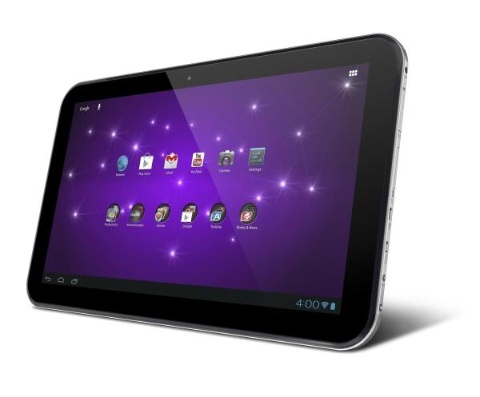
Toshiba unveils the biggest Android tablet yet, Excite 13
Toshiba's first Android tablets, called "Thrive," were a bit thicker and boxier than their competitors; but at the Consumer Electronics Show 2012, the company revealed it had slimmed down its second generation considerably with the 10" Excite tablet.
Tuesday, Toshiba unveiled a new member of the Excite family that proves the company still has size in mind with its Android Tablets. The new Excite 13 has the largest LED touchscreen of any Android tablet yet.

Is this Android "mutiny" happening at Sony, Intel, somewhere else?
Recently, an article ran in the MIT Technology Review blog, in which Skyhook Wireless CEO Ted Morgan said "a lot of companies" are forking Android; that "nobody wants to just be a manufacturer for Google," and that a major non-Google Android device is coming out later this year.
The headline claimed Android manufacturers are "mutinying."

PhotoBox! comes to Android, the 'Lightroom for Facebook'
Mobile app developer WeaverMobile USA announced on Thursday that its formerly iOS-exclusive photography management app PhotoBox! has launched on Android.
The application can be thought of as "Lightroom for Facebook," giving users the ability to find, manage, add effects to, and share photos posted to Facebook, as well as perform batch uploads and downloads, to tag/untag, like/unlike, and comment. It provides a pretty robust toolkit for editing photos, adding filters, drawing, and adding text.
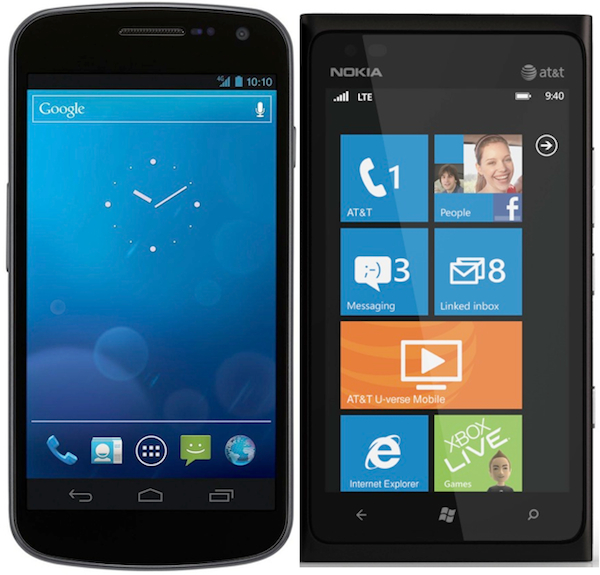
Samsung Galaxy Nexus and Nokia Lumia 900 is a fair comparison
Discussion Counterpoint. Colleague Tim Conneally and I got into a heated debate about smartphone comparisons this morning. He has the Nokia Lumia 900 Windows Phone for review (and I -- whaaaaa -- don't). I suggested Tim do a comparison with Google-branded Galaxy Nexus, which we both have. He refused. Tim was quite adamant about it, too. His out-and-out refusal clearly taps into strong feelings about how products are compared.
We bantered back and forth over group chat, with neither of our positions changing. "Buyers make these product comparisons all the time", I expressed late in our debate. "I can see we won't agree. If I had the Lumia 900, I would compare them". But I don't, and Tim won't. So I suggested: "Let's ask the readers...something like: 'Would you like the Samsung Galaxy Nexus and Nokia Lumia 900 compared?'"

Stop comparing unlike objects. RIGHT. NOW.
Discussion Point. Joe Wilcox asked me to write an article comparing the Nokia Lumia 900 to the Samsung Galaxy Nexus. I refused. Here is why. Read Joe's response.
Anyone who knows about marketing should readily understand market segmentation: it is a way of isolating customers/users/consumers by type. It could be geographically, it could be demographically, it could be psychographically, or it could be through some other defining characteristic.

Instagram, the iPhone's best app, finally comes to Android
Instagram dutifully led the charge of vintage camera filter apps, but did so as an iOS exclusive since its beginnings in 2010.
Today, after effectively "conquering" iOS by being named Apple's iPhone app of the year for 2011, Instagram has moved onto the next great frontier, the Android platform.
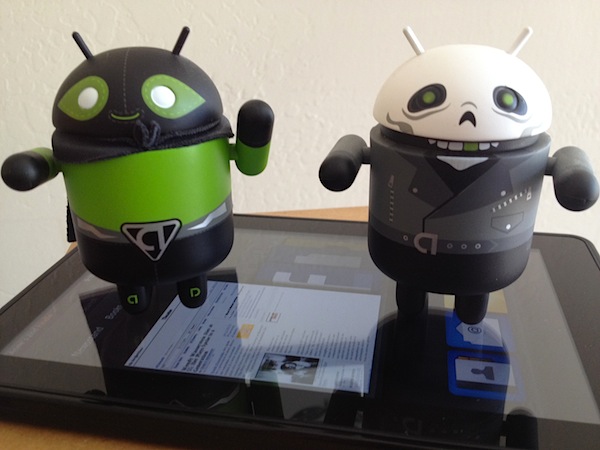
Google isn't trying to save Android tablets but kill Kindle Fire
Rumors about Google's forthcoming tablet are increasing, which astounds me -- as they portray this as something new. Hey, Google already formally stated it would produce an Android tablet. The rumormongers have got the reasons wrong, too. Google isn't gunning for Apple but Amazon.
The retail giant is by far the biggest competitive threat standing before Android today. Amazon has customized Android, released its own hardware, ditched Google's browser for its own Silk, established a viable app store alternative to Google Play and created a curated user experience that rivals Apple's. In just one quarter, Amazon's Kindle Fire jumped ahead of all other Android tablets, putting it second to iPad. Every Kindle Fire sold is one more brick in the wall blocking the success of the broader Android ecosystem.
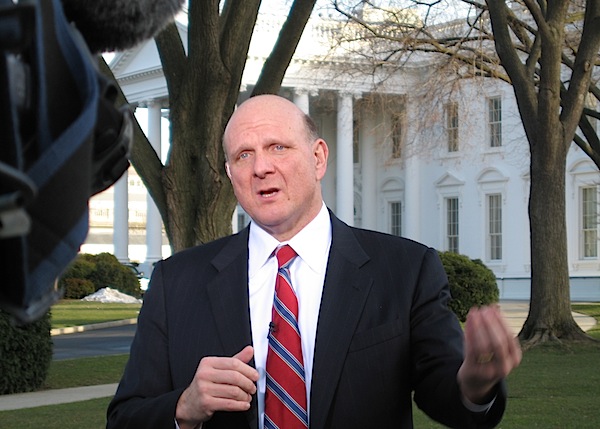
Don't cry for me, Steve Ballmer
But I'll shed a tear for you and remember the good times we had together.
That's because IDC asserts, despite exciting Windows 8's coming launch, that the PC era will be over by 2016. Gartner uses a different metric to arrive at 2014. But whatever the measure, the Windows era is over, too, as (gulp) Android becomes the most widely shipped operating system on the planet. I guess you were right to obsess about Google after all. Cripes! As long ago as 2003, wasn't it? Who could have imagined that it would really come to this? You weren't being paranoid at all.
